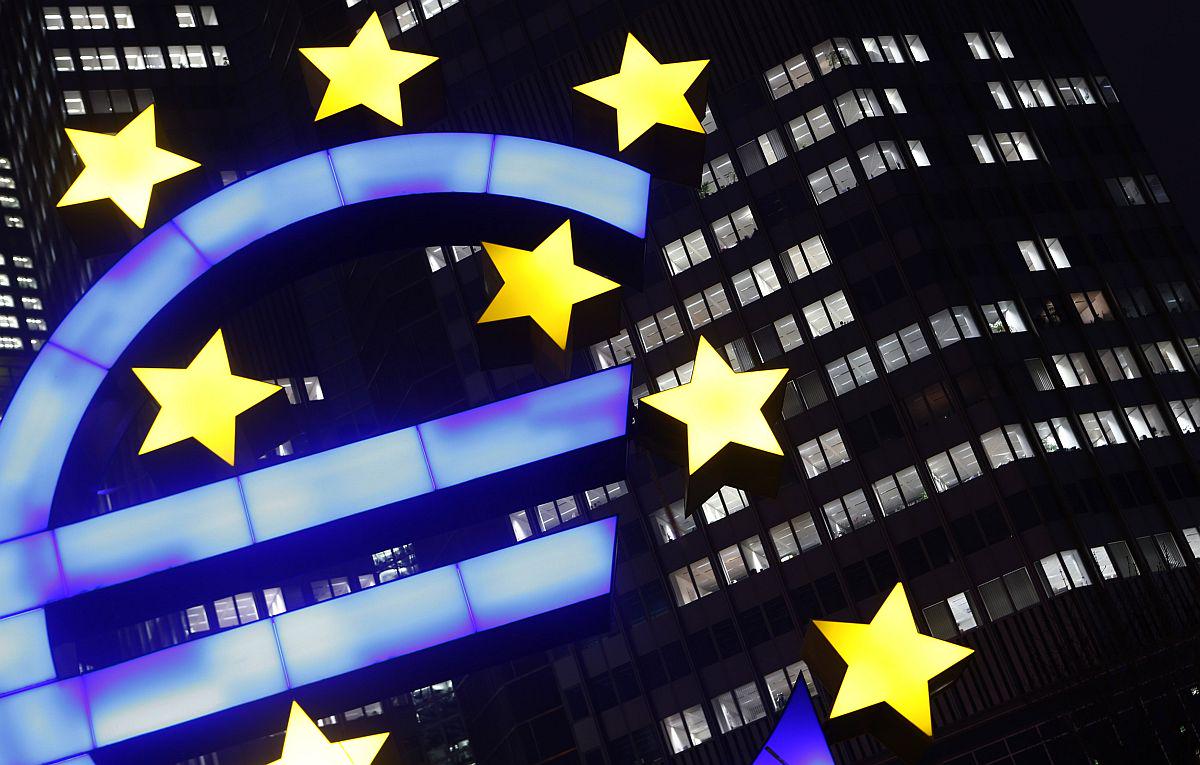
According to the Commission, Slovenia can still avoid a request for EU financial aid if it acts swiftly and resolutely. The commission hasn't assessed Slovenia's whole budget proposal yet. It announced a detailed analysis for mid-November. In its first reaction it mainly focuses on the structure rather than on the deficit, and warns that the state should start cutting current expenses and not investments.
"The adjustments should focus on expenditure rather than revenues. At the same time the measures should have a minimal impact on financial growth and be aimed towards more efficient spending," said the EC press relations officer Simon O'Connor. Brussels’ stance when it comes to taxes is that the focal point should be shifted from taxing work towards imposing taxes on spending and wealth.
»You can avoid a request for financial aid«
The latest forecasts downgrade Slovenia's growth next year. The Commission replies that it will release its own forecast in a month’s time. There is still speculation that Slovenia might request for financial aid. Unofficial sources are not excluding credit lines for banks or a full-scale international aid package. Brussels is repeating its well known standpoint: "that scenario can still be avoided if the necessary measures are implemented swiftly and resolutely," says Simon O'Connor.
He does admit that some progress has been made on three key fronts – the financial, banking and privatization fronts. He especially underlines the pension and labour reforms, the liquidation of two smaller banks and conducting independent bank auditing. However a lot of work still awaits Slovenia. Brussels is not commenting an announced government confidence vote saying it’s a matter to be solved by the political leaders and democratic institutions. It does agree though that political stability is necessary for the appropriate dynamics in dealing with Slovenia's big challenges.

































































